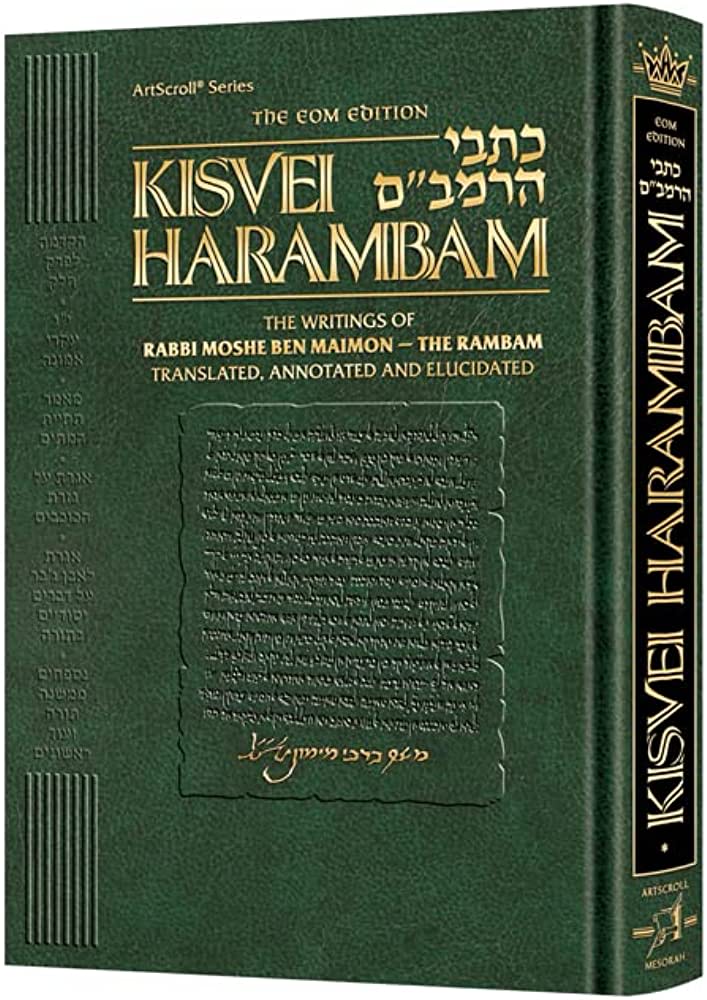
The Breslever Daily Agenda, Part 1
What does Breslev stands for? What is Breslever Chassidut are all about? All the answers are here in Rabbi Yitzchak Breiter’s classic compilation of the Breslever Daily Agenda.

The Breslever Daily Agenda, Part 1
These are the first nine of the twenty-seven pillars of Jewish life based on the teachings of the Holy Rebbe, the Tzaddik, Foundation of the World, the Hidden Light, RABBI NACHMAN OF BRESLEV, may his holy memory intercede in our behalf, and on the teachings of his Holy Disciple, the Genius and Incredible Light to whom no secret remained hidden, RABBI NATAN OF BRESLEV, of saintly and blessed memory. This was written and compiled by RABBI YITZCHAK BREITER, of saintly and blessed memory, one of the great Breslever Chassidim who died a martyr’s death in nightmare of the Nazi holocaust, may Hashem avenge his blood.
1. The Tzaddik (the Righteous)
At nightfall, recite the following passage. Behold, I desire to serve G-d in truth, faith and joy. Therefore, I attach myself along with all of my thoughts, words, and actions of the day to the true tzadikim. — And specifically to ‘The flowing brook, the source of wisdom,’ [Proverbs 18:4] our rebbe, Rabbi Nachman ben Faiga — the tzaddik who is the foundation of the world.” [His teachings reveal the foundations and roots of the entire Torah — which is Itself the blueprint of Creation]
Before each of the formal prayers, say, “Behold, I attach myself in my prayers, to all the true tzadikim in our generation, as well as to all the holy tzadikim who rest in the earth. — And specifically, to our holy rebbe, ‘The flowing brook, the source of wisdom,” [Proverbs 18:4] Rabbi Nachman ben Faiga, etc.”
2. The Evening Prayers
Pray slowly and with all of your strength, with proper feeling, and in joy. Let your voice sound pleasant, and pronounce the words clearly, being especially careful to say G-d’s Names with fear and respect. The evening prayers have special power to weaken any harsh judgments decreed against you. They will give you the strength to stand strong in the war against depression and suffering which plague most people. This is what is meant by the verse: “G-d guards His people forever.”‘ [The evening prayers]
3. Prayers Before Going To Sleep
Say the prayers slowly, and in great joy — just like the evening prayers. The bedtime prayers will help you correct all of your faults and mistakes, as well as all sexual blemishes, (improper thoughts and ideas, etc.). This is due to the mystical teaching that all those who recite the Sh’ma, (the most essential of these bedtime prayers), will be worthy of defeating all evil forces. [Tractate Berachos 5a]
4. Making An Accounting
Thank G-d for all of the good which you merited to do today, and feel remorse and guilt for all of your mistakes those of deed, speech and thought. Then ask forgiveness and atonement from Him, and pray that He help you to do His will from now on.
5. The Midnight Lament
Arise at midnight to mourn the destruction of the Holy Temple and the concealment of the true tzaddik’s light and teachings. Mourn over your sins — both deliberate and unintentional, and over all of your bad traits and lusts. These faults all delay the rebuilding of the Temple, which will take place with Mashiach’s arrival.
Try to find yourself and your life situation within the Psalms of the Midnight Lament, and if you can, say them with a broken heart and in tears.
Ask G-d to speed up the time of the redemption and salvation, as well as that of your own personal salvation, for the Evil Urge is constantly attempting our downfall on all levels.
The time of midnight is based on mystical traditions, and always starts six clock hours after dark, and lasts for two hours. At this time, “G-d frolics with the tzadikim in Paradise,” [Zohar on Exodus 196a] and it is a very favorable time.
6. Remembering the World to Come
When you awake from your sleep in the morning, say the following: “I give thanks to You, O Living and Everlasting King, for You have restored my soul to me in compassion. Great is Your faith.” [Found in the beginning of any traditional prayer book.]
Then remind yourself of the World to Come. Physical life is only a passing world of vanity and illusion. In the World to Come though, there will be tremendous reward for all good done here, and G-d will fulfill His promise to bring the dead back to life, for an eternal Paradise here on earth.
Afterward, pray to G-d that He constantly help you to live in holiness and purity. Join forces with all of the tzadikim just as at other times, as explained earlier.
7. Starting the Day
Try to get up before the first signs of morning set in, since this is a very opportune time to serve G-d and will help you have true faith in Him. The great light of truth and wisdom will shine forth for you when you follow this mystical custom. Many of the gates of holiness will be opened for you as well — which will help you to come even closer to the Almighty.
When the light of day appears, look up and gaze at the heavens, for this is also a deep rooted tradition, and causes all sorts of divine favor and grace.
8. Preparing For Prayer
Try not to eat, drink or talk with anyone before you pray, but if you must talk, then keep the conversation to a minimum. This will add grace to your prayers, making them more favorable. When praying, you must put all of your strength and feelings into the words, so it really does not pay to weaken your soul’s deep yearning for G-d by involving yourself with others beforehand. It is also important to pray the whole service at one time — without making any interruptions. Encourage yourself, and pour out your heart before G-d, for prayer is absolutely the greatest form of expression.
9. Mikvah (The Ritual Bath)
Immerse in a mikvah every day, for it will add great sanctity to your life and remove all of the impurity of past sin opening vast realms of G-dliness to your reach. The mikvah protects from all sorts of torment and suffering — both physical and spiritual, and this is proved by the verse; “The mikvah of Israel causes salvation in a time of distress.” [Jeremiah 17:3] (This is a play on the simple meaning of the verse where “mikvah” refers to G-d — the hope, (tikvah), of Israel.)
To be continued.
***
Breslev Israel extends sincere appreciation to Rabbi Benyamin Pilant of http://www.breslov.com/












Tell us what you think!
Thank you for your comment!
It will be published after approval by the Editor.